Research Spotlight: Nutritional Support for Kidney Health
Featuring Case Report: Novel Dietary Supplementation Associated With Kidney Recovery and Reduction in Proteinuria in a Dialysis Dependent Patient Secondary to Steroid Resistant Minimal Change Disease
Introduction
A peer reviewed case report archived in the US National Institutes of Health (NIH) PubMed Central describes the recovery of a patient with Minimal Change Disease who had progressed to dialysis. The report, also published in Frontiers in Pediatrics, details a supportive regimen that included intradialytic nutrition, albumin infusions, and two dietary supplements developed by Chris Ruiz, founder of ZETA FX and Bloom Bioscience. These formulations Hydro Life and Revita Life were designed to help support oxidative balance, maintain glycocalyx integrity, and restore osmotic pressure.
Understanding Kidney Stress and Symptoms
Kidney stress often presents with a cluster of symptoms that many people search for online, including:
- Proteinuria (protein in the urine)
- Foamy, dark or bubbly urine
- Swelling in the legs, ankles, or around the eyes
- Fatigue and weakness
- Loss of appetite and nausea
- Shortness of breath due to fluid retention
- High blood pressure
- Reduced urine output
- Nepherotic Syndrom
- Low eGFR, Low ALB, Low Bun / Creatinine Ratio
These symptoms are often associated with nephrotic syndrome, chronic kidney disease, or glomerular injury. They reflect changes in the filtration barrier of the kidneys where podocytes and the endothelial glycocalyx are central to fluid and protein balance.
Hydro Life and Revita Life
Hydro Life combines potassium, citrate, bicarbonate, MSM, and taurine to support hydration and electrolyte stability. Balanced electrolytes contribute to osmotic pressure and proper vascular function.
Revita Life complements this by supporting immune balance, rebuilding of glycocaylx and supporting oxidative stress pathways with natural compounds. Together the two supplements were part of a comprehensive approach in the case study that was associated with kidney function recovery and remission of proteinuria.
Why This Matters for Humans and Animals
The biology of oxidative stress and glycocalyx integrity is shared across mammals. Damage to the glycocalyx increases vascular permeability and can lead to symptoms like swelling, fluid retention, and proteinuria. By targeting the glycocalyx and restoring osmotic balance, supportive nutrition has relevance for both people and pets.
- ZETA FX applies this research to human vascular and kidney health
- Bloom Bioscience adapts the same science to support animal health including cats and dogs experiencing kidney stress or chronic conditions
Research Transparency
This case is fully indexed in the NIH PubMed Central library (PMC8129002) and published in Frontiers in Pediatrics, providing broad scientific visibility and peer-reviewed credibility. Both sources credit Chris Ruiz with providing the dietary supplements that formed part of the supportive care. Readers can review the complete report through either source:



